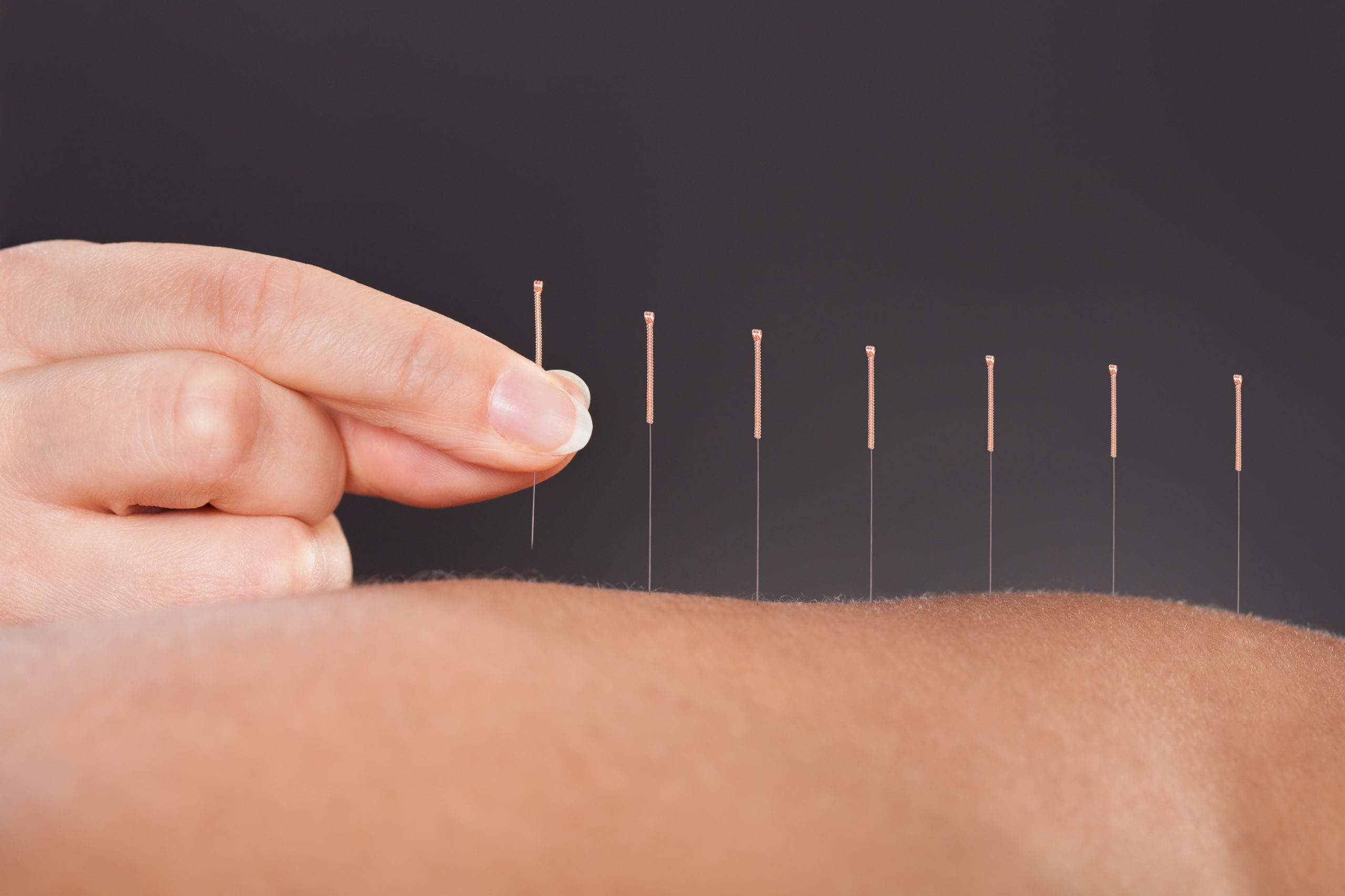[vc_row][vc_column width="1/1"][vc_column_text]By: Dr. Vikki McGuire, DTCM and Dr. Wanda Duong DTCM
Stress is a natural reaction to the world and experiences that we are a part of and every single person will feel stress occasionally be it from work, finances, relationships or anything else, the body’s response will be the same; elevated stress levels sending the body into fight-or-flight mode. The difficulty arises when a person has elevated stress levels that are persistent to the point where it begins to take a toll on the body and starts to show up in different people in different ways.
Stress when ignored can manifest into both physical and/or emotional symptoms. It is usually only then that we start to question why we feel a certain way. Stress is a silent burden that affects us all differently, and if stress is an issue for you, just know that you’re not alone. The ‘fight or flight’ response that we experience during a stressful situation was meant to solve short-term problems, but if we are left in this ‘fight or flight’ state of being (sympathetic nervous system dominance) numerous health concerns can begin to arise. Some people may struggle with sleep issues and others might find that anxiety and depression are interrupting their life and draining their energy. Another person might notice that they’re catching colds during more stressful times throughout the year.
If this is the case for you, it might be a great opportunity to discover the benefits of acupuncture and Chinese Medicine to help rebalance your body and mind and to get you back to a happy and healthy life!
Symptoms commonly associated with stress can include:
- Neck or shoulder pain
- Generalized muscle stiffness or tension
- Headaches & migraines
- Mood swings, anxiety, depression
- Heart palpitations
- Physical or mental fatigue
- Adrenal Fatigue
- Weakened immune function (e.g. frequent colds, coughs or inflammation)
- Digestive or reproductive system complaints
- Sleep disturbances
- Difficulty losing or gaining weight
- Type 2 diabetes
In more severe or long-term cases, stress may increase your breathing rate, increase your heart rate or your blood pressure, and consequently put your cardiovascular system at risk of a severe illness (e.g. heart-attack or heart disease), so it’s important to do whatever you can to help manage your stress.
How acupuncture can help with stress levels:
Acupuncture is a treatment where fine needles are placed into certain points in the body that will help to stimulate nerves, muscles, and connective tissues. With regards to stress directly, there is evidence that shows that acupuncture therapy can decrease the body’s overall stress response and in some cases, help reverse the effects of it. Each of us has something called the parasympathetic nervous system which is basically the good state your body is in when you are in a relaxed state. This is a great state of being, and it is where we want to live, unless of course, you are actually in danger! Working with the flow of energy in the body, acupuncture can help bring back flow to areas of the body that may be obstructed or are experiencing an imbalance. Many people experience a very peaceful feeling immediately after an acupuncture session. Acupuncture works in both curative and preventative ways when it comes to your stress and is just one way Traditional Chinese Medicine Doctors can help with this issue.
There are many conditions addressed in Traditional Chinese Medicine are actually the result of stress manifesting in other areas of the body, so even if you don’t think your condition is related to stress, it might be worth taking a closer look with a full assessment from a DTCM.
Book in with one of our Traditional Chinese Medicine Doctors to go over all your health concerns and to find out if acupuncture could be right for you.
*This blog is not intended to officially establish a physician-patient relationship, to replace the services of a trained physician, naturopathic doctor, Dr TCM, physical therapist or chiropractor or otherwise to be a substitute for professional medical advice, diagnosis, or treatment. [/vc_column_text][/vc_column][/vc_row]


